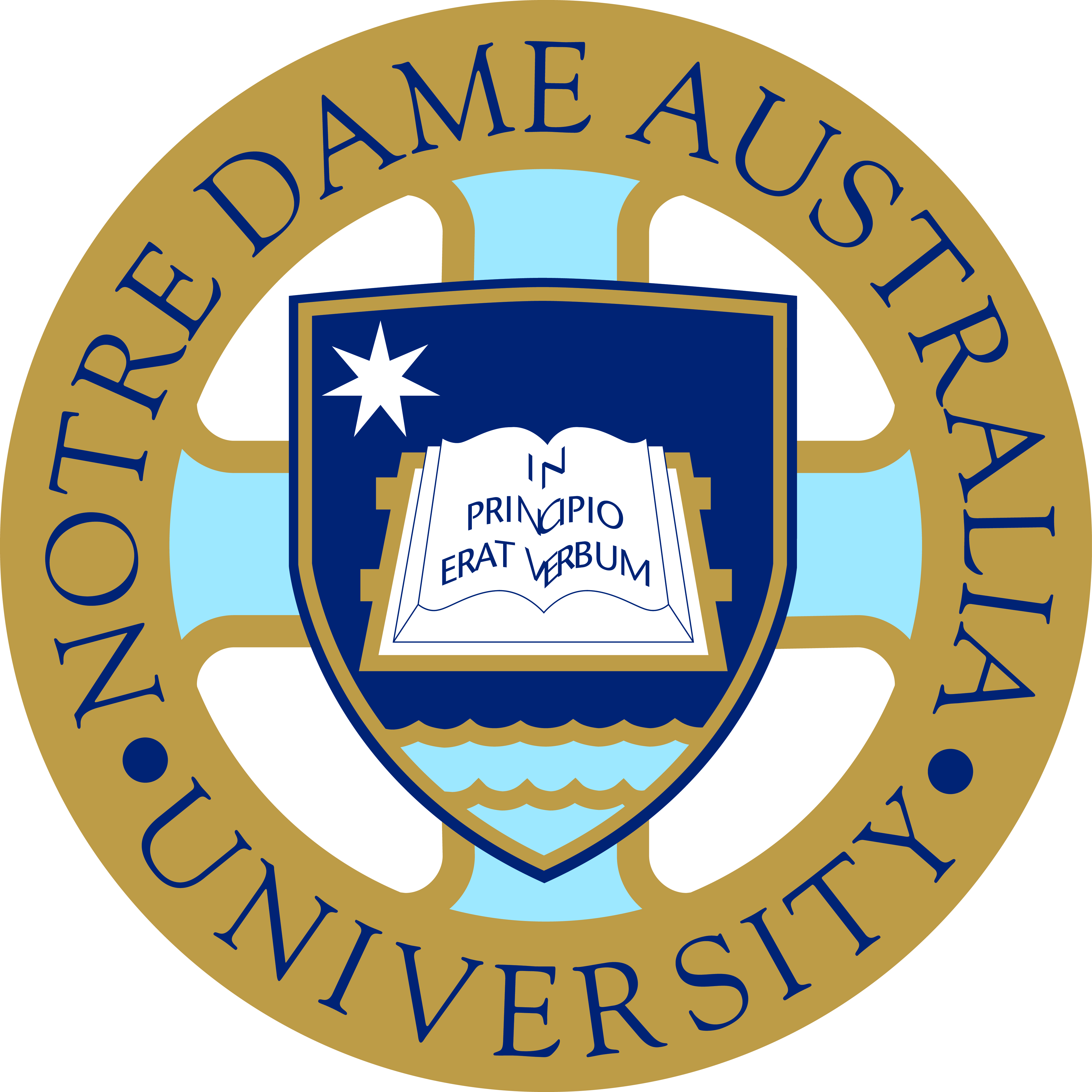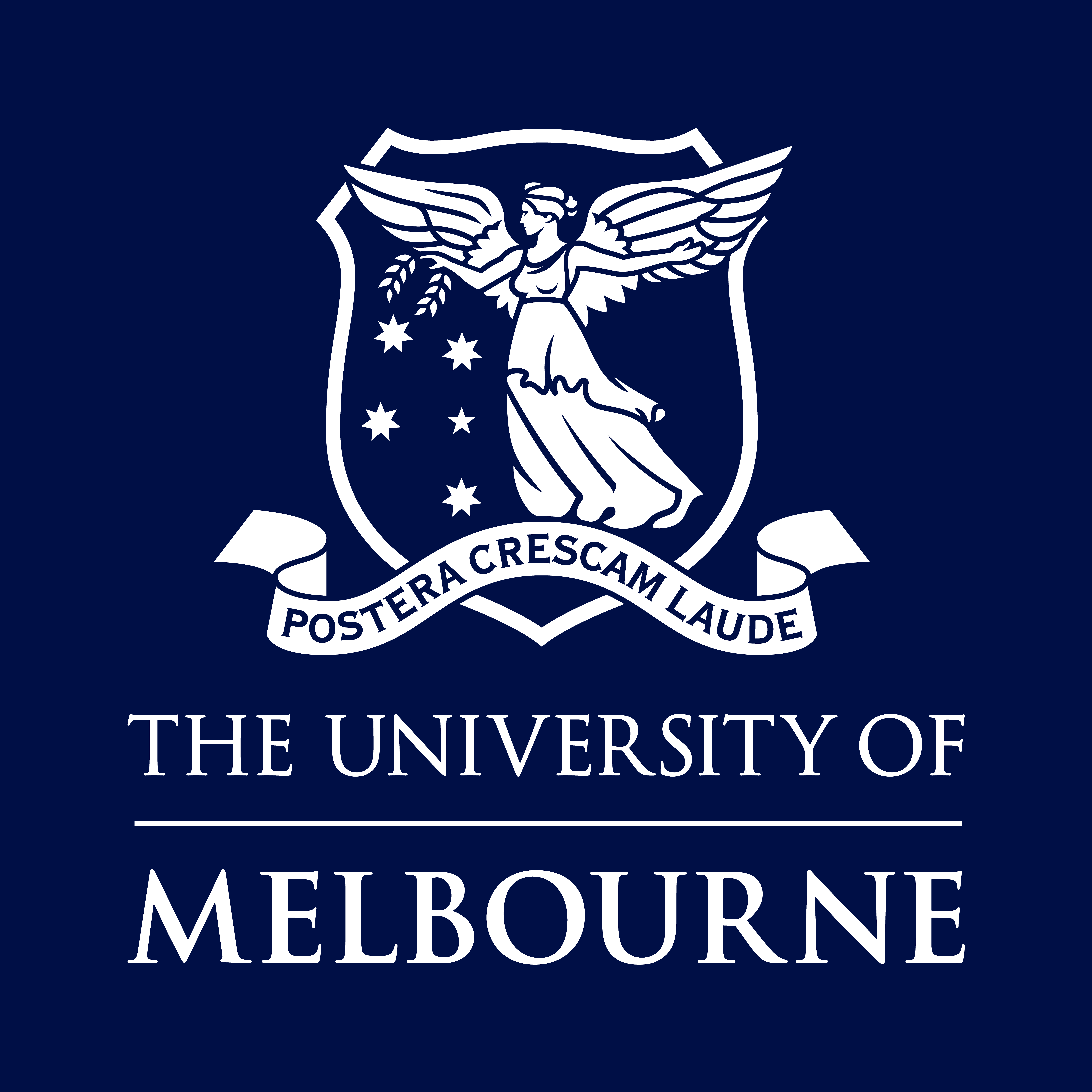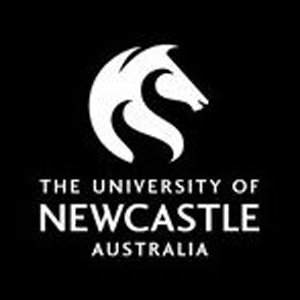Refine results
Level of study
Location
Study Mode
Field of study

Graduate Certificate of University Learning and Teaching
- Casuarina | Also at 1 other campus
- 0.5 years full-time

Master of Teaching Secondary
- Casuarina | Also at 1 other campus
- 2 years full-time

Master of Teaching Birth to Five Years
- Casuarina | Also at 1 other campus
- 2 years full-time

Master of Secondary Teaching
- Fremantle | Also at 1 other campus
- 2 years full-time

Master of Teaching Primary
- Casuarina | Also at 1 other campus
- 2 years full-time

Master of Teaching Early Childhood
- Casuarina | Also at 1 other campus
- 2 years full-time

Graduate Certificate in University Teaching
- Online | Also at 1 other campus
- 1 years part-time
- Tuition fees: $16,992

Bachelor of Primary Education and Master of Secondary Teaching
- Casuarina | Also at 1 other campus
- 4.5 years full-time
- ATAR: 60 or above

Master of Teaching
- Hobart | Also at 1 other campus
- 2 years full-time
